- Description
- Reviews (0)
Description
The carob tree is a species of flowering evergreen tree in the pea family, Fabaceae.
It’s cultivated for its edible pods. Carob is mildly sweet and is used in powdered, chip, or syrup form as an ingredient in cakes and cookies, and as a substitute for cocoa powder.
Carob consumed by humans is the dried (and sometimes roasted) pod. The pod consists of two main parts: the pulp accounts for 90% and the seeds for 10% of the pod weight.
A traditional sweet, eaten during Lent and Good Friday, is also made from carob pods in Malta. Dried carob fruit is traditionally eaten on the Jewish holiday of Tu Bishvat.
In Cyprus, carob syrup is known as Cyprus’s black gold, and is widely exported. In Malta, a syrup (?ulepp tal-?arrub) is made out of carob pods. This is a traditional medicine for coughs and sore throat. Carob syrup is also used in Crete as a natural sweetener, and is considered a natural source of calcium.
Carob juice drinks are traditionally drunk during the Islamic month of Ramadan.
Carob bars, an alternative to chocolate bars, are often available in health-food stores.
Due to its strong pleasant taste, it can be found mixed with orange or chocolate.
In Libya, carob syrup (called rub) is used as a complement to Asida (Asida is a dish made up of a cooked wheat flour lump of dough, sometimes with added butter or honey. Similar to gruel or porridge, it is eaten in many North African countries.)
Several studies suggest that carob may aid in treating diarrhea in infants.
Carob contains three times more calcium than milk. It is also rich in iron, phosphorus, and natural fibers.

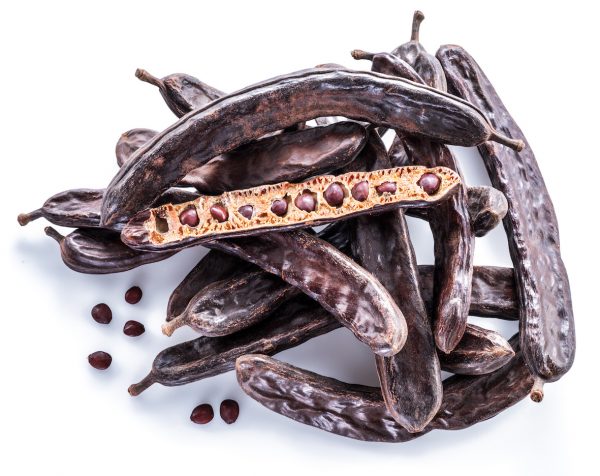
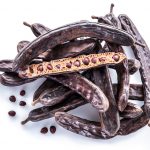
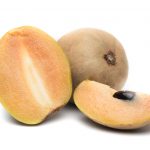
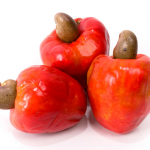
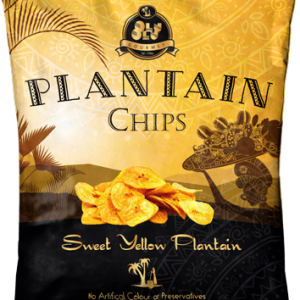
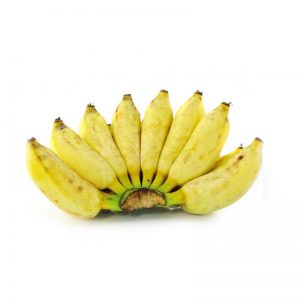
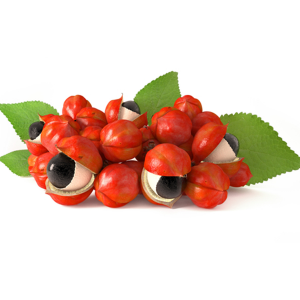
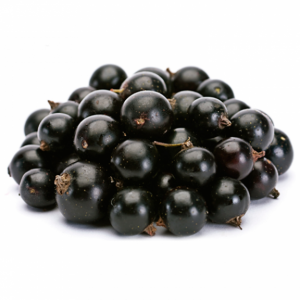
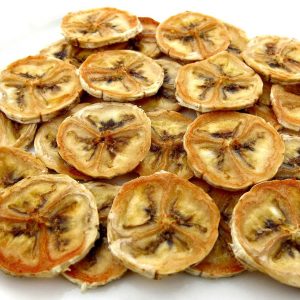

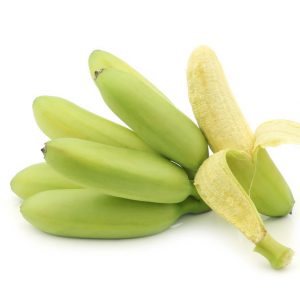
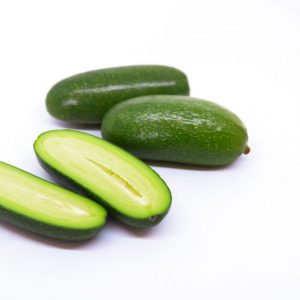
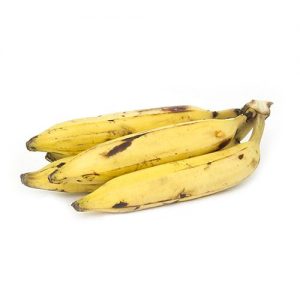

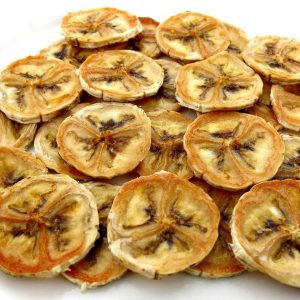
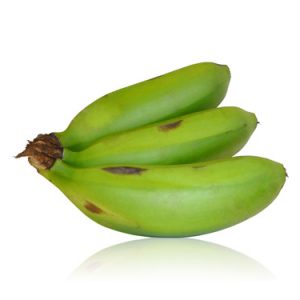
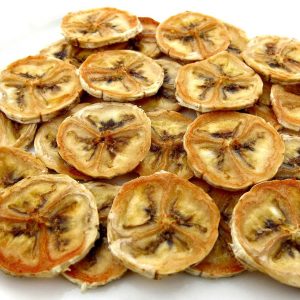
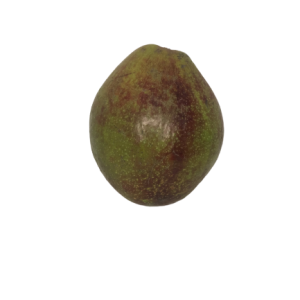
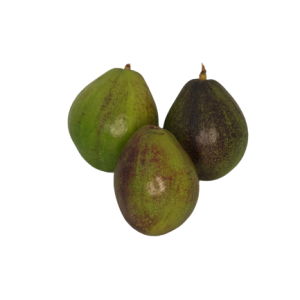
Reviews
There are no reviews yet.